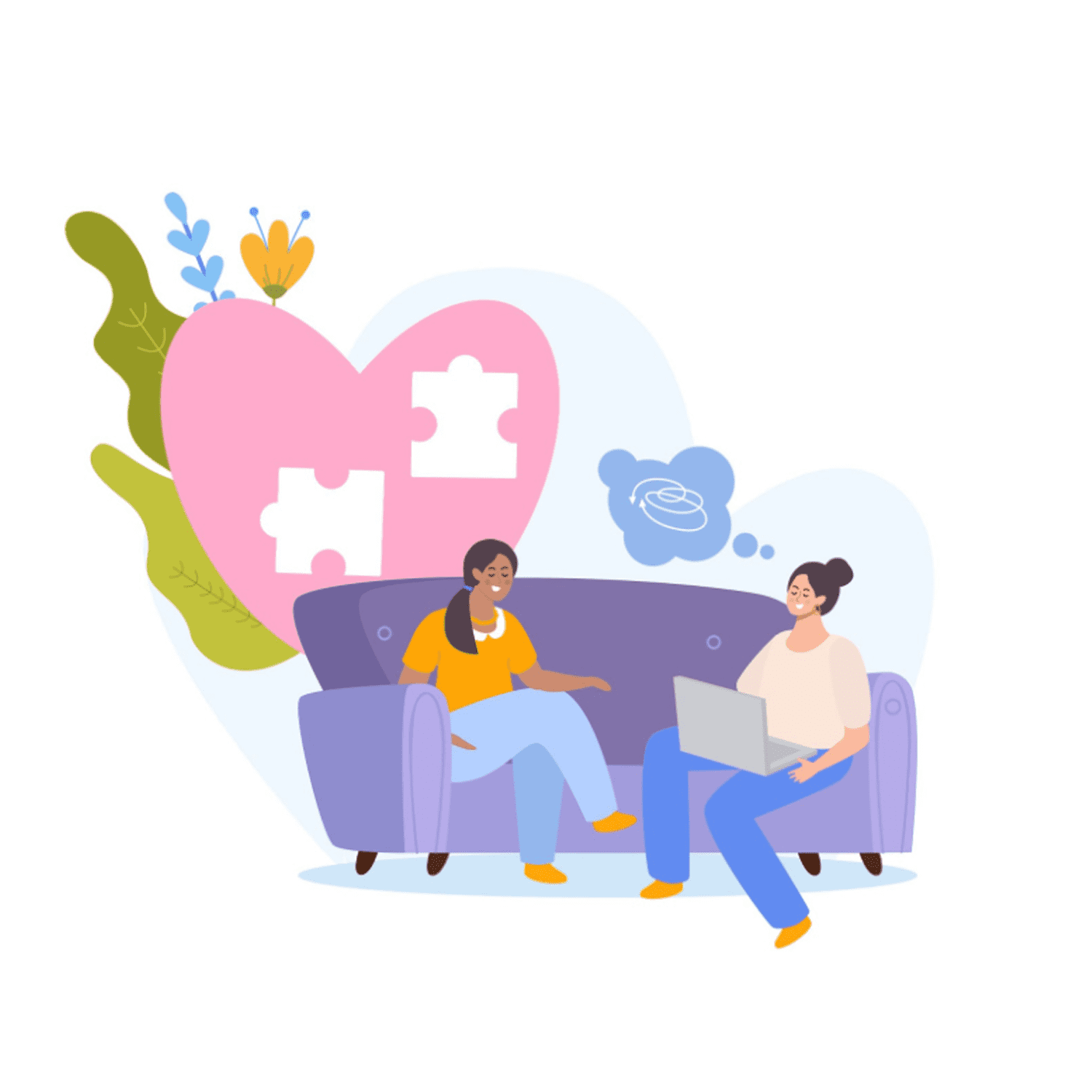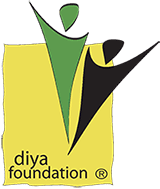In a country as vast and complex as India, where diversity abounds in every corner, there exists a deep and urgent gap that often remains invisible: the inclusion of persons with disabilities (PWDs). Despite policy frameworks and constitutional protections, millions of individuals with disabilities continue to be excluded from basic rights to education, employment, healthcare, and participation in society. This is not just a policy failure; it is a social failure.
Disability, as defined under India’s laws and the UNCRPD, includes long-term physical, mental, intellectual, and sensory impairments. This broad definition finally recognizes conditions like speech delays, dyslexia, and mental illnesses alongside visible physical disabilities. But acknowledgment alone is not empowerment.
PWDs in India face challenges at every stage of life, including a lack of access to quality healthcare in early childhood, exclusion from mainstream schools, limited mobility due to inaccessible infrastructure, unemployment, and stigma that isolates them from their communities. Their families, especially caregivers, bear the burden in silence, often without financial or emotional support.
The Missing Link: Skills, Dignity, and Independence
What we rarely talk about is the transformative power of upskilling. Imagine the impact if every individual with disabilities had access to inclusive education, followed by vocational training tailored to their abilities and aspirations. Upskilling can build self-reliance, confidence, and dignity. It moves beyond employability; it’s about rewriting their narrative, from charity recipients to skilled contributors.
In the global south, and especially in India, where unemployment is a shared struggle, skilling PWDs is not a welfare act. It is a strategic, moral, and economic imperative. Employing individuals with disabilities has been proven to improve team dynamics, innovation, and retention rates in the workplace. Yet, most companies remain reluctant due to a lack of awareness and support.
Where Civil Society Steps In
Enter NGOs. These citizen-driven organizations have proven to be nimble, empathetic, and deeply connected to the grassroots. Their interventions often succeed where state machinery struggles, because they listen, understand, and create from the ground, catering to the needs and requirements. They co-create. They adapt.
From organizing inclusive skilling programs and providing assistive devices to conducting accessibility audits and lobbying for policy changes, NGOs are changing lives and challenging the status quo. They have created safe spaces where PWDs and their families find not only information but also community. They are building pathways. Moreover, NGOs are uniquely positioned to adopt a bottom-up approach: identifying local challenges, co-designing localized solutions, and ensuring that implementation is culturally contextual and deeply participatory. In doing so, they also address intersectional challenges like caste, gender, and poverty.
Disability is not only physical. The mental health of PWDs and their caregivers is a domain largely ignored. Stigma, isolation, and internalized shame take a psychological toll. NGOs, by offering counseling, peer groups, and inclusive social environments, help PWDs build emotional resilience alongside practical skills. Mental well-being becomes the bedrock of long-term inclusion.
Thanks to NGO interventions, thousands of PWDs have received prosthetics, hearing aids, training, and jobs. Schools have been sensitized. Public infrastructure has been revisited and reassessed. Sign language and Braille are slowly entering public systems. But all of this remains concentrated in urban centers.
The road ahead lies in scaling these models to rural India, where 70% of the disabled population resides. Here, NGOs must be supported with flexible funding, government collaboration, and volunteer participation. They need capacity-building support to adapt digital tools and train more people.
A Shared Responsibility
We must stop looking at disability inclusion as someone else’s job. Businesses must open their doors, governments must enforce policies, educational institutions must modify curricula, and the media must humanize representation. But it is civil society that will continue to stir the conscience of the nation.
A truly inclusive India cannot be built top-down. It must rise from the ground, shaped by those who live its realities. NGOs are not just service providers; they are the architects of empathy, resilience, and systemic change. Supporting their work is not philanthropy, it is investment in a fairer, stronger, more humane future.
Let us move beyond tokenism and visibility. Let us aim for capability, dignity, and agency. It is time we recognize that the inclusion of persons with disabilities is not a charitable act but a civilizational responsibility.


